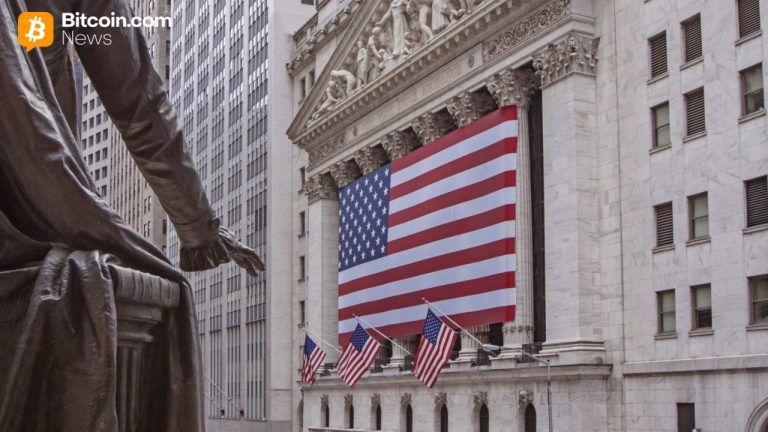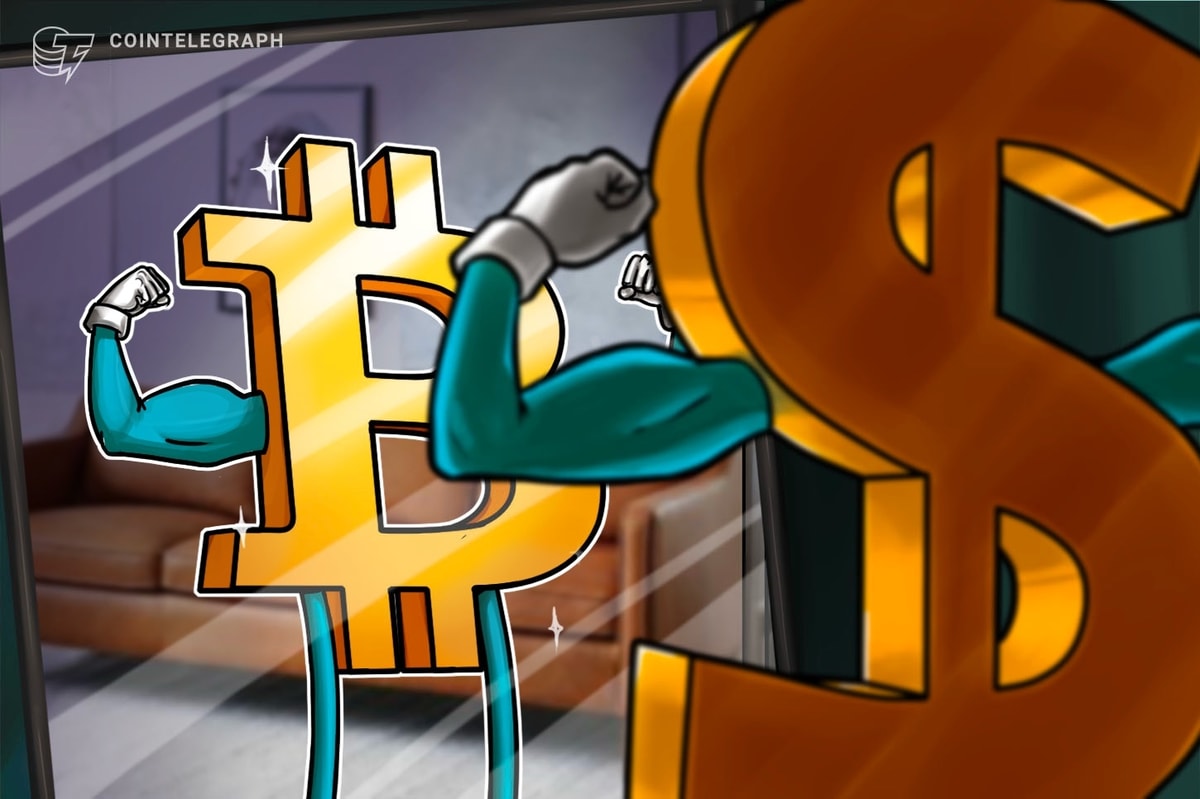US sues to stop Penguin Random House and Simon & Schuster merger
2 min readUS regulators have sued to block the merger of Penguin Random House and Simon & Schuster, which would have created a mega-publisher in the US books market.
Bertelsmann, which owns Penguin Random House, last November struck a $2.2bn deal to acquire Simon & Schuster from ViacomCBS, significantly outbidding Rupert Murdoch’s News Corp in a deal that aimed to merge some of the world’s most popular authors, from EL James and Stephen King to George Orwell and F Scott Fitzgerald.
If the merger were to proceed, “Penguin Random House would be, by far, the largest book publisher in the United States, towering over its rivals”, the US Department of Justice wrote in a lawsuit filed on Tuesday in Washington federal court.
“The merger would give Penguin Random House outsized influence over who and what is published, and how much authors are paid for their work.”
The publishers said in a joint statement: “Blocking the transaction would harm the very authors DoJ purports to protect. We will fight this lawsuit vigorously and look forward to PRH serving as the steward for this storied publishing house in the years to come.”
Bertelsmann had previously dismissed concerns raised by the Murdoch group that the proposed tie-up would create an anti-competitive “behemoth of books” controlling a third of the US market.
“We are very confident that this transaction will be cleared . . . otherwise we would not have taken the decision,” Bertelsmann chief executive Thomas Rabe told the Financial Times at the time.
Asked whether Bertelsmann offered to pay a break fee if the transaction were blocked or had pledged to make any necessary disposals to secure approval, Rabe said: “I don’t want to go into details but be assured we gave Viacom the necessary assurance and comfort.”
One person involved in the process said Bertelsmann agreed to pay a fee if it walked away from the transaction, and accepted a “hell or high water” clause that effectively locked in the deal unless it was blocked by regulators.
The company had been expecting to receive regulatory clearance by the end of this year.







